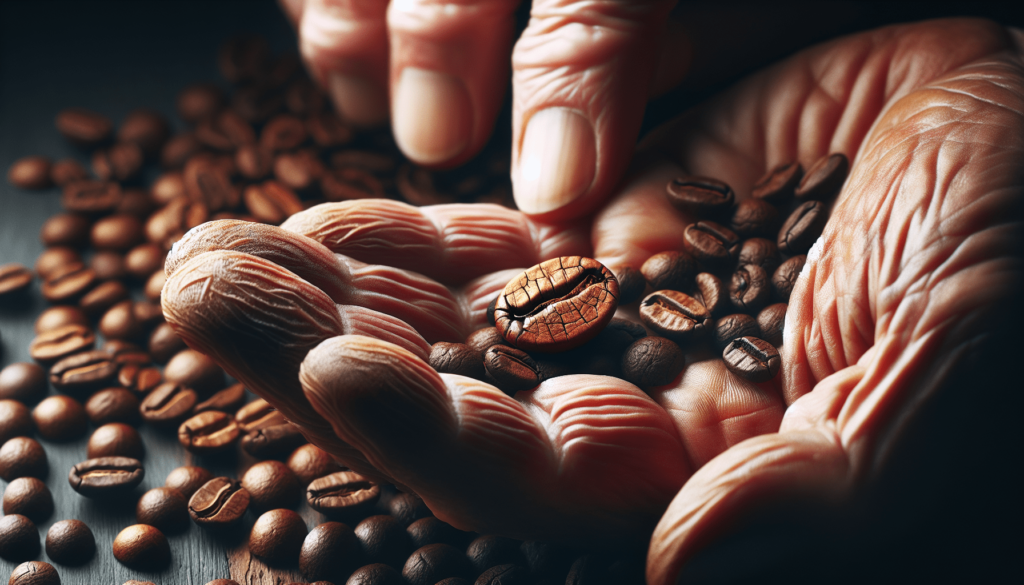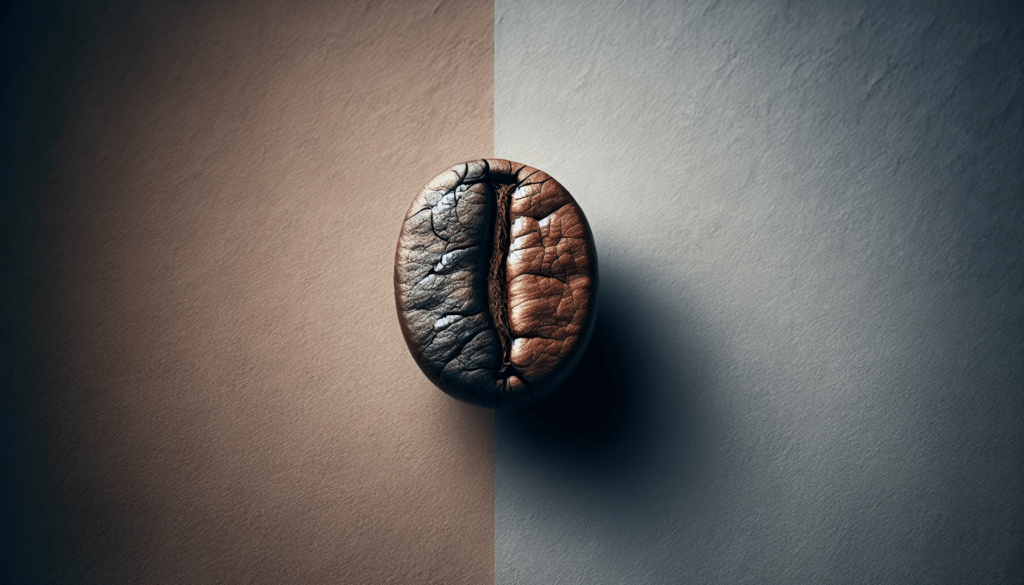Have you ever wondered if coffee beans go bad over time? If you’re a coffee enthusiast, you probably stock up on your favorite beans to ensure you never run out. However, like any food product, coffee beans have a shelf life. Understanding how and why coffee beans can go bad will help you keep your coffee fresh and delicious.

Understanding Coffee Beans
Before we get into whether coffee beans go bad, let’s take a moment to understand what coffee beans are and how they’re processed. Coffee beans are actually the seeds of the Coffea plant. They are harvested, processed, and roasted to different degrees before making their way to your local coffee shop or home.
Types of Coffee Beans
There are several types of coffee beans, but the two most common are Arabica and Robusta.
| Type | Description |
|---|---|
| Arabica | Known for its smooth and complex flavor, Arabica beans have a higher acidity and are often considered superior in quality. They are grown at higher altitudes and require more care. |
| Robusta | These beans are hardier, more disease-resistant, and typically have a stronger, more bitter flavor. They contain more caffeine and are commonly used in espresso blends. |
Coffee Bean Processing
Coffee beans go through several stages of processing:
- Harvesting: Beans are picked from the Coffee plant.
- Drying: Beans are dried to reduce moisture content.
- Roasting: Dried beans are roasted to develop flavor.
- Grinding: Some coffee beans are ground up before packaging.
All these steps impact the freshness and longevity of the coffee beans.
Do Coffee Beans Go Bad?
The short answer is yes, coffee beans can go bad over time. However, “bad” might not mean what you think it does. Coffee beans don’t spoil like milk or meat; they don’t grow mold (unless stored improperly) but they lose their flavor and freshness.
Shelf Life of Coffee Beans
The shelf life of coffee beans depends largely on how they are stored and whether they are whole beans or ground coffee.
| Type | Room Temperature | Refrigerated | Frozen |
|---|---|---|---|
| Whole Beans | 2-3 weeks (freshness) | 1-2 months (freshness) | Up to a year (flavor retention) |
| Ground Coffee | 1-2 weeks (freshness) | 1 month (freshness) | Up to 6 months (flavor retention) |
While freezing can extend the shelf life of coffee beans, you have to be cautious about condensation when you take them out, as moisture can degrade their quality.
Factors That Affect Freshness
Several factors can affect the freshness of your coffee beans:
Exposure to Air
Oxygen is the enemy of fresh coffee. Once exposed to air, coffee beans start to oxidize, leading to stale flavors.
Light Exposure
Light, particularly UV light, can accelerate the degradation of coffee beans.
Moisture
Coffee beans are hygroscopic, meaning they absorb moisture from their environment. This can lead to mold if beans are kept in a humid environment.
Temperature
Extreme temperatures, both hot and cold, can impact the flavor and freshness of coffee beans. Keeping them at a cool, stable temperature is ideal.
Signs Your Coffee Beans Have Gone Bad
You might be wondering how to tell if your coffee beans have passed their prime. Here are a few signs:
Smell
Fresh coffee beans have a rich, aromatic smell. If your beans have a flat, dull scent, they are likely past their prime.
Taste
If your brewed coffee tastes stale, sour, or lacks complexity, your beans might be bad.
Appearance
Old coffee beans can appear dry and may have a whitish, powdery substance on the surface, which is indicative of lost oils and freshness.
How to Store Coffee Beans
Proper storage is crucial to extending the shelf life and maintaining the flavor of coffee beans. Here are some tips:
Use an Airtight Container
Store your coffee beans in a container that is airtight to protect them from oxygen.
Keep Them in a Cool, Dark Place
Avoid exposing your coffee beans to light and heat by keeping them in a cool, dark pantry or cupboard.
Avoid Storing in the Fridge
Contrary to popular belief, storing coffee beans in the refrigerator is not recommended as it exposes them to moisture and can cause them to absorb odors from other foods.
Consider Freezing for Long-Term Storage
If you want to store coffee beans for an extended period, freezing can be an option. Ensure that they are in an airtight bag to minimize moisture exposure.
Best Practices for Enjoying Fresh Coffee
For the best coffee experience, follow these best practices:
Buy Small Quantities
Purchasing coffee in smaller quantities ensures you use them up before they have a chance to go bad.
Grind Just Before Brewing
Grinding your coffee just before brewing ensures maximum flavor. Pre-ground coffee loses its freshness quicker than whole beans.
Use Fresh, Clean Water
The quality of the water you use for brewing coffee can have a significant impact on the flavor. Use fresh, clean water to achieve the best taste.

Conclusion
So, do coffee beans go bad over time? While they don’t spoil like perishable food items, they do lose their flavor and freshness if not stored properly. By understanding the shelf life of coffee beans, recognizing the signs of staleness, and following best storage practices, you can enjoy a delicious cup of coffee every time. Remember, fresh beans make the best brews, so aim to buy in quantities that you can use within a few weeks and keep those beans stored in cool, airtight conditions. Happy brewing!
